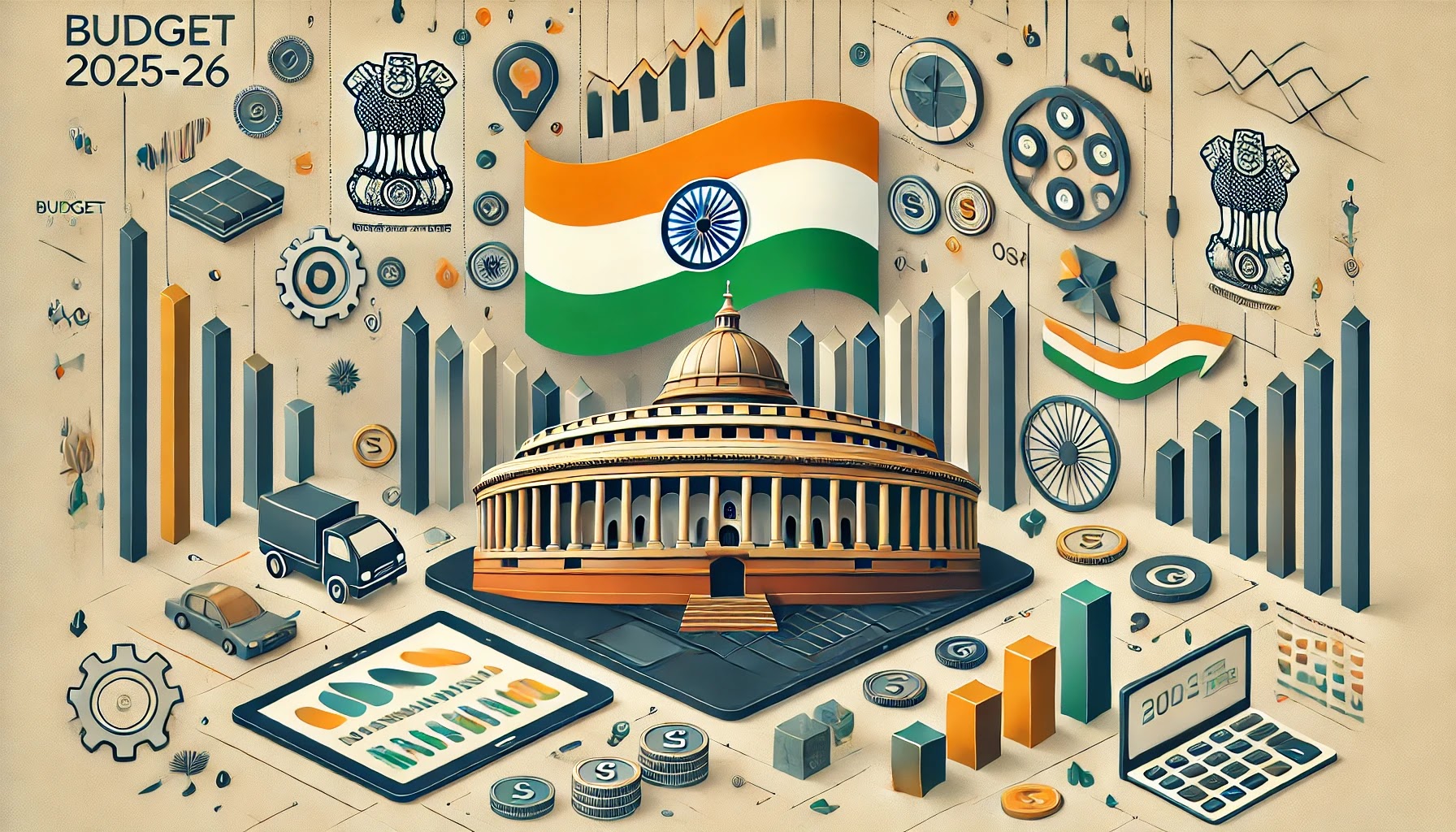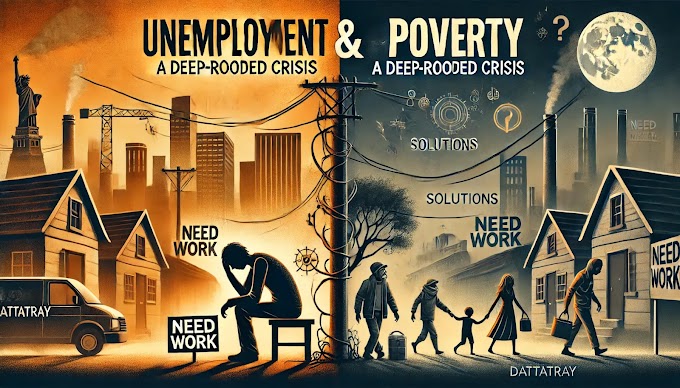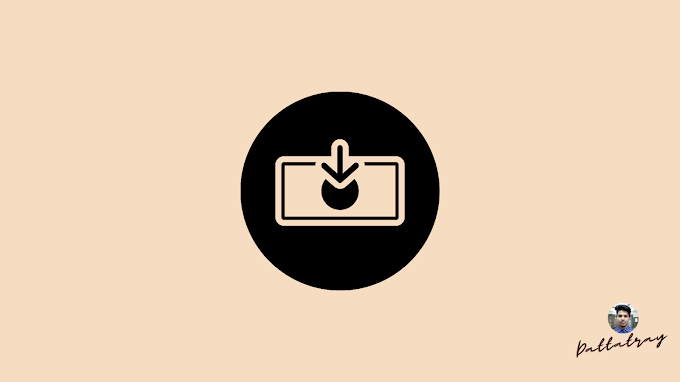The Effects of Minimum Wage Laws on Employment and The Economy
The minimum wage is the lowest hourly rate that employers are legally required to pay their employees. Minimum wage laws have been in place in many countries around the world for decades, with the primary goal of ensuring that workers receive a fair wage for their work. However, there is much debate about the effects of minimum wage laws on employment and the economy. In this blog article, we will explore the different arguments surrounding the effects of minimum wage laws on the economy.
Effects on Employment:
One of the primary concerns surrounding minimum wage laws is their potential impact on employment. Some economists argue that when the minimum wage is raised, employers may respond by cutting jobs or reducing hours for their employees to offset the higher labor costs. This is known as the "employment effect" of minimum wage laws.
However, other economists argue that the employment effect is not as significant as some suggest. They argue that when the minimum wage is raised, workers have more money to spend, which can boost demand for goods and services and stimulate job growth. Additionally, they argue that higher wages can lead to increased productivity and reduced turnover, which can benefit employers in the long run.
The effects of minimum wage laws on employment are complex and depend on various factors, including the level of the minimum wage, the industry, and the local economy.
Effects on the Economy:
The effects of minimum wage laws on the broader economy are also a topic of debate. Some argue that minimum wage laws can lead to inflation and reduced economic growth. They argue that when employers have to pay higher wages, they may increase the prices of their products or services to offset the higher labor costs. This, in turn, can lead to inflation and reduced economic growth.
Others argue that the effects of minimum wage laws on the economy are more positive. They argue that when workers have more money to spend, they can contribute to increased economic activity and growth. Additionally, they argue that minimum wage laws can reduce poverty and income inequality, which can have positive effects on social and economic outcomes.
It is worth noting that the effects of minimum wage laws on the economy may vary depending on the level of the minimum wage and the specific context in which it is implemented.
Conclusion:
The effects of minimum wage laws on employment and the economy are complex and multifaceted. While some argue that minimum wage laws can lead to reduced employment and economic growth, others argue that they can lead to increased productivity, reduced turnover, and improved social outcomes. Ultimately, the impact of minimum wage laws on the economy depends on various factors, including the level of the minimum wage, the industry, and the local economy. Regardless of the impact, it is important to ensure that workers receive a fair wage for their work and that policies are in place to support economic growth and development.
Thanks For Reading ( Have A Great Week :)
. . .
"Be Humble" - Thought of the moment.










.png)



.png)


0 Comments